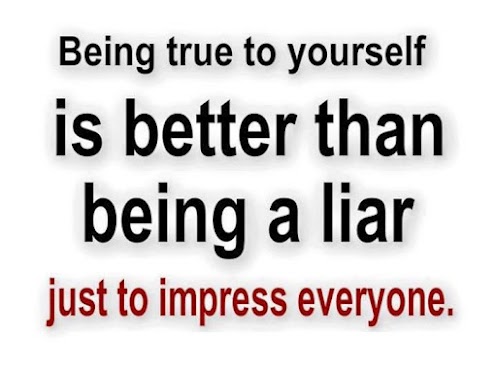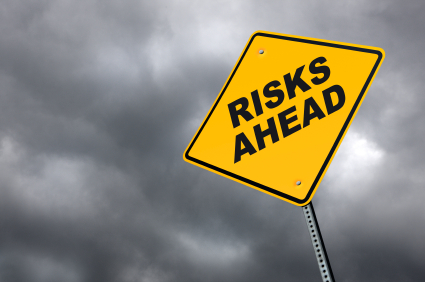Some people get depressed on their birthday. Not me. The fact that I turn 41 today is a freak of nature. But a year into my forties, I know I have more cleaning up to do.
Mood music:
Item: When I was sick with the Crohn’s Disease as a kid, I lost a lot of blood and developed several side ailments. I’m told by my parents that the doctor’s were going to remove the colon more than once. It didn’t happen. They tell me I was closing in on death more than once. I doubt it was ever that serious. Either way, here I am.
Item: When the OCD was burning out of control, I often felt I’d die young. I was never suicidal, but I had a fatalistic view of things. I just assumed I wasn’t long for this world and I didn’t care. I certainly did a lot to slowly help the dying process along. That’s what addicts do. We feed the addiction compulsively knowing full well what the consequences will be.
When I was a prisoner to fear and anxiety, I really didn’t want to live long. I isolated myself. Fortunately, I never had the guts to do anything about it. And like I said, suicide was never an option.
I spent much of my 30s on the couch with a shattered back, and escaped with the TV. I was breathing, but I was also as good as dead some of the time.
I’ve watched others go before me at a young age. Michael. Sean. Even Peter. Lose the young people in your life often enough and you’ll start assuming you’re next.
When you live for yourself and don’t put faith in God, you’re not really living. When it’s all about you, there no room to let all the other life in. So the soul shrivels and hardens. I’ve been there.
I also had a strange fear of current events and was convinced at one point that the world would burn in a nuclear holocaust before I hit 30. That hasn’t happened yet.
So here I am at 41, and it’s almost comical that I’m still here.
I’m more grateful than you could imagine for the turn of events my life has taken in the last six years.
I’ve learned to stop over-thinking and manage the OCD. When you learn to stop over-thinking, a lot of things that used to be daunting become a lot easier. You also find yourself in a lot of precious moments that were always there. But you didn’t notice them because you were sick with worry.
I notice them now, and I am Blessed far beyond what I probably deserve.
I have a career that I love.
I have the best wife on Earth and two boys that teach me something new every day.
I have many, many friends who have helped me along in more ways than they’ll ever know.
I have my 12-Step program and I’m not giving in to the worst of my addictions.
Most importantly, I have God in my life. When you put your faith in Him, there’s a lot less to be afraid of. Aging is one of the first things you stop worrying about.
So here I am at 41. feeling a lot better about myself than I did at 31. In fact, 31 was one of the low points.
But I’d be in denial if I told you everything was perfect beyond perfect. I wouldn’t tell you that anyway, because I’ve always thought that perfection was a bullshit concept. That makes it all the more ironic and comical that OCD would be the life-long thorn in my side.
I just recently quit smoking, and I’m still missing the hell out of that vice. I haven’t gone on a food binge in nearly three years, but there are still days where I’m not sure I’ve made the best choices; those days where my skin feels just a little too loose and flabby.
I still go to my meetings, but there are many days where I’d rather do anything but go to a meeting. I go because I have to, but I don’t always want to.
And while I have God in my life, I still manage to be an asshole to Him a lot of the time.
At 41, I’m still very much the work in progress. The scars are merely the scaffolding and newly inserted steel beams propping me up.
I don’t know what comes next, but I have much less fear about the unknown.
And so I think WILL have a happy birthday.







